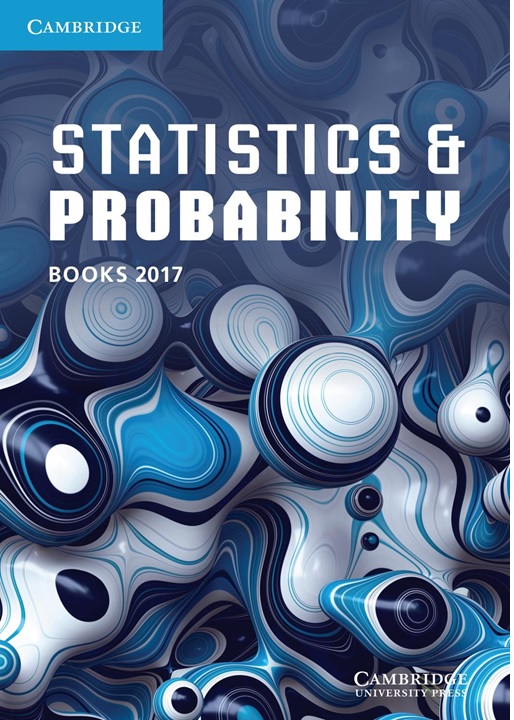
Tourism Promotion Services
This curriculum guide on Tourism Promotion Services that leads to a National Certificate Level II (NCII) is designed for a high school student to develop the knowledge,
skills and attitudes for the tasks related to tourism promotion. It covers competencies that a person must achieve to operate an automated information system, source and
provide destination information and advice, access and interpret product information, and promote tourism products and services. The preliminaries of this specialization
course include the following: (1) core concepts in Tourism Promotion Services, (2) relevance of the course (3) career opportunities as a Tourism Promoter.

Introduction to World Religions and Belief Systems
The course explores the main tenets and practices of major world religions: Judaism, Christianity, Islam, Hinduism, Theravada Buddhism, Mahayana
Buddhism, Confucianism, Taoism and Shintoism. It aims to help learners understand the historical contexts of nine religions, appreciate their uniqueness and similarities and
promote mutual understanding among believers of different faiths. They are expected to demonstrate understanding and appreciation of one’s faith and that of others.
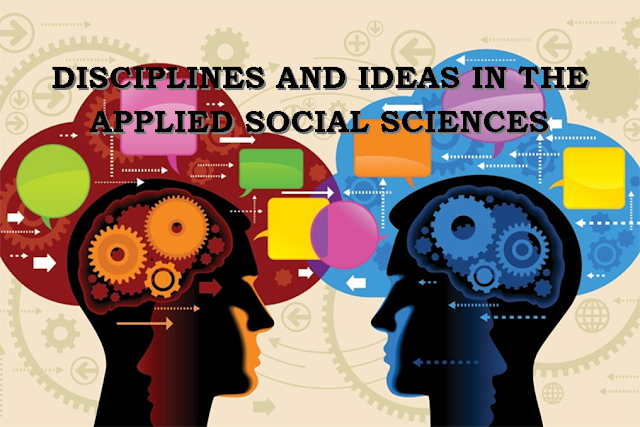
Discipline and Ideas in the Applied Social Sciences
This course introduces some Applied Social Sciences, namely, Counseling, Social Work, and Communication, which draw their foundation from the
theories and principles of Psychology, Sociology, Anthropology, and other Social Sciences. The course highlights the seamless interconnectivity of the different applied social
science disciplines while focusing on the processes and applications of these applied disciplines in critical development areas.
At the end of the course, students shall demonstrate competencies in interacting and relating with other individuals, groups, and communities; apply social sciences
principles, practices, and tools in addressing the development areas identified by the class; and analyze how processes in these applied disciplines work in specific life
situations.
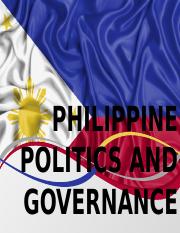
Philippine Politics and Governance
This course introduces the students to the basic concepts and vital elements of politics and governance from a historical-institutional perspective. In
particular, it attempts to explain how the important features of our country’s political structures/institutions, processes, and relationships developed across time. In the
process, the course helps the learners gain a better appreciation of their rights and responsibilities as individuals and as members of the larger sociopolitical community to
strengthen their civic competence.
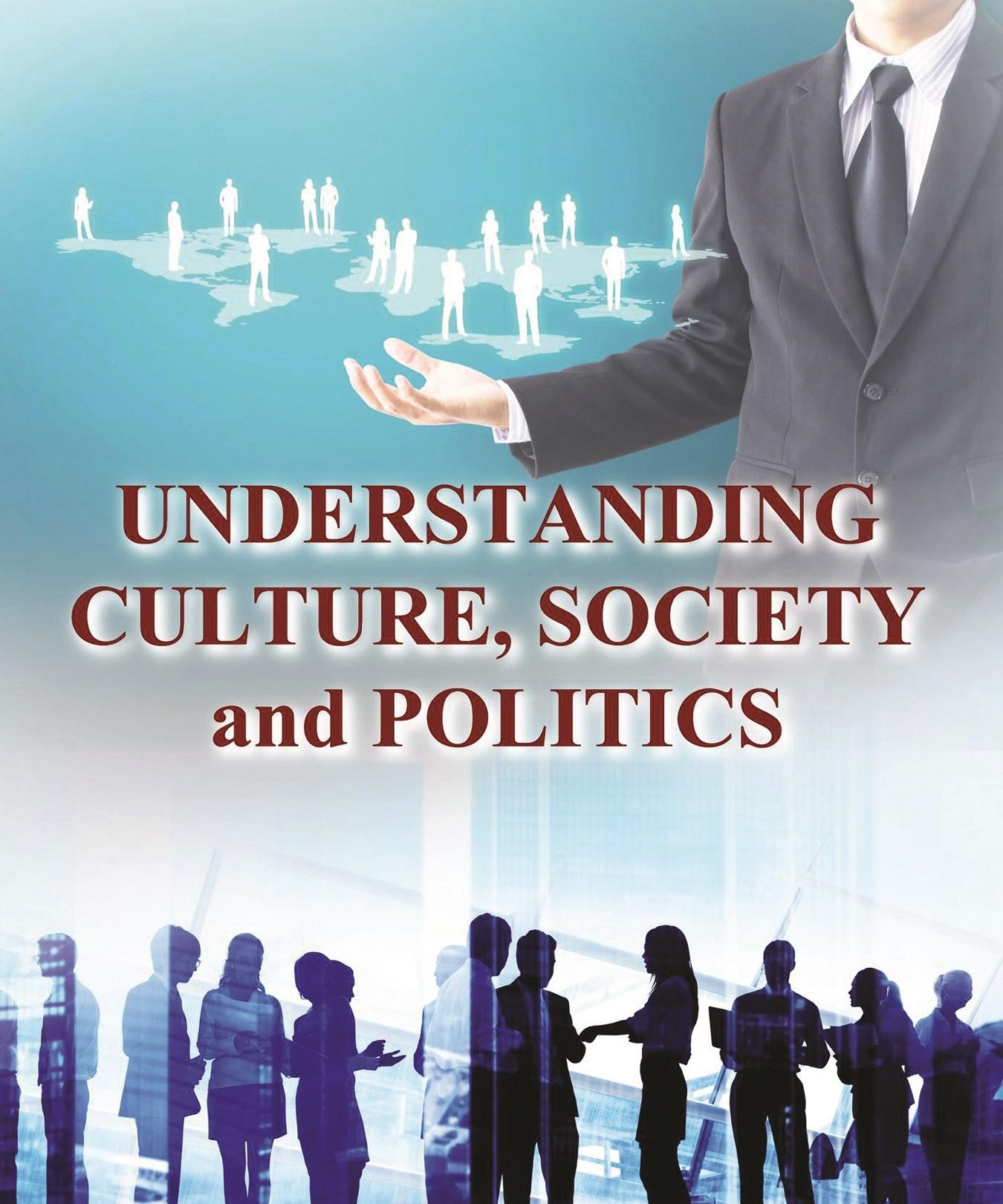
Understanding Culture, Society, and Politics
This course uses insights from Anthropology, Political Science, and Sociology to develop students’ awareness of cultural, social and political dynamics, and sensitivity
to cultural diversity; provide them with an understanding of how culture, human agency, society and politics work; and engage them in the examination of the
country’s current human development goals. At the end of the course, students should acquire ideas about human cultures, human agency, society and politics;
recognize cultural relativism and social inclusiveness to overcome prejudices; and develop social and cultural competence to guide their interactions with groups,
communities, networks, and institutions.
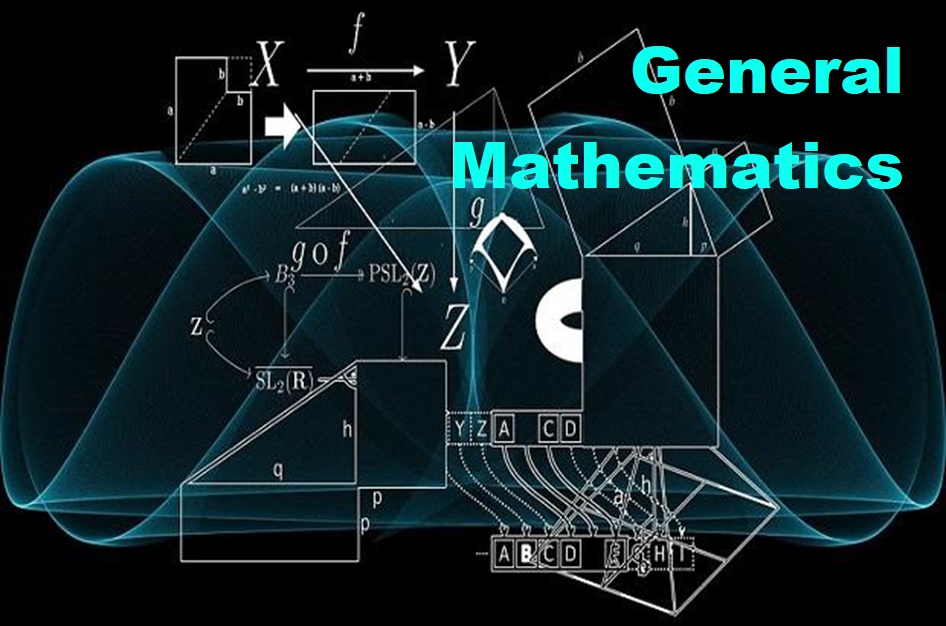
GENERAL MATHEMATICS GRADE 11
General Mathematics purpose is to develop learners' understanding of concepts and techniques reflective of its wide scope: functions, business mathematics, and logic. The lesson presents important ideas and provides the learner with a breadth of mathematical experience that enables the recognition and application of mathematics to real-world situations.
General Mathematics is also designed for those learners to develop their skills in applying reasoning and interpretive skills and the capacity to communicate in a concise and systematic manner using appropriate mathematical and statistical context.
